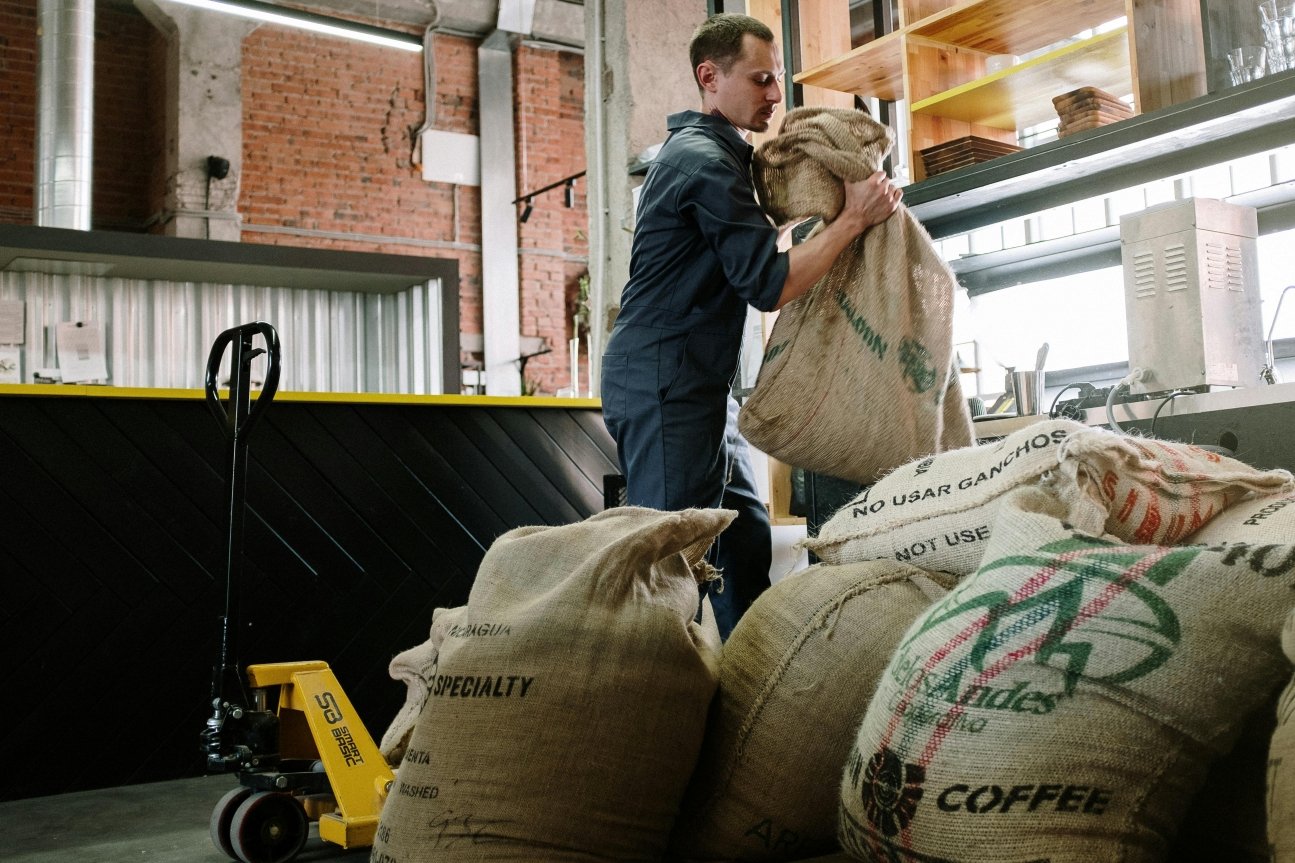Is Your Facility Truly GMP Compliant or Just Barely Passing Audits?
Good Manufacturing Practices (GMP) are the foundation of safe, high-quality food and pharmaceutical production. But there’s a big difference between barely passing a GMP audit and truly being compliant every day. Is your facility just ticking boxes—or genuinely protecting consumers and your brand?
What Does “Truly GMP Compliant” Mean?
-
Going beyond minimum requirements
-
Maintaining high standards every day—not just during audits
-
Creating a culture where food safety and hygiene are priorities
-
Ensuring consistency, traceability, and risk management across operations
Signs Your Facility Is Just Barely Passing Audits
-
Cleaning schedules are updated only before an audit
-
Staff only follow hygiene practices when auditors are present
-
Documentation is rushed or backdated
-
No regular internal audits or follow-ups
-
Corrective actions are reactive, not preventive
-
GMP training is outdated or not site-specific
-
External audit prep is done in panic mode

Traits of a Truly GMP-Compliant Facility
1. Cleanliness and Sanitation Are Daily Priorities
-
Cleaning SOPs are followed and verified daily
-
Sanitation records are complete, consistent, and real-time
-
Equipment is maintained in hygienic, food-safe condition
2. Consistent Staff Behavior
-
Handwashing, PPE, and hygiene rules are second nature
-
Staff take ownership of food safety and cleanliness
-
Training is refreshed regularly and applied practically
3. Documentation Is Timely and Accurate
-
Records are filled out during operations, not post-shift
-
Procedures are followed as written, not “adjusted” during work
-
Documentation is reviewed and verified periodically
4. Equipment and Facility Are Maintained Proactively
-
Preventive maintenance is scheduled and tracked
-
Facility structure supports hygienic design and zoning
-
Pest control is monitored and reviewed monthly
5. Internal Audits Are Regular and Objective
-
Monthly or quarterly GMP self-inspections
-
Audit findings lead to real corrective actions
-
Trends and recurring issues are addressed systemically
6. Suppliers and Raw Materials Are Controlled
-
Suppliers are GMP-audited or qualified
-
Incoming goods checks are standardized
-
Storage conditions are monitored and recorded
7. Management Is Actively Involved
-
Leadership conducts routine GMP walkthroughs
-
Management supports a food safety culture
-
Resources are allocated for training, tools, and improvements

Why It Matters
-
True compliance reduces product recalls and contamination risks
-
Builds customer trust and improves brand reputation
-
Strengthens readiness for customer, regulatory, and certification audits
-
Ensures compliance with ISO 22000, HACCP, and FSSC 22000
CAYS Scientific Helps You Go Beyond Bare Minimum
At CAYS Scientific, we help you:
✅ Conduct in-depth GMP audits and gap analysis
✅ Provide tailored staff training and SOP improvement
✅ Strengthen documentation and hygiene monitoring
✅ Establish sustainable compliance—not just audit survival
📞 Contact CAYS Scientific today to upgrade your GMP practices from “just passing” to industry leading.


